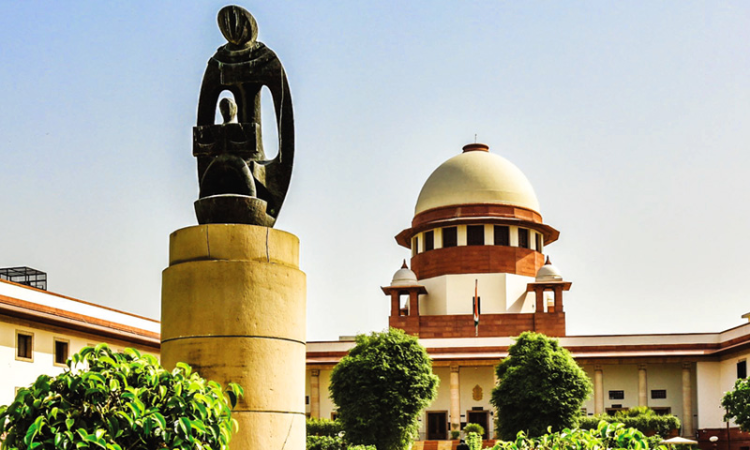SC Stays TDSAT Order Which Set Aside DoT Demand For License Fee From Internet Service Providers
Mehal Jain
5 Jan 2021 8:25 PM IST

Next Story
5 Jan 2021 8:25 PM IST
The Supreme Court on Tuesday stayed the order of the Telecom Disputes Settlement Appellate Tribunal(TDSAT) which directed the Union of India to refund the amounts collected from Internet Service Providers as license fee. The bench headed by Justice D. Y. Chandrachud was hearing the Centre's statutory appeal under section 18 of the TRAI Act, 1997 against the 18.10.2019 decision of the TDSAT,...
